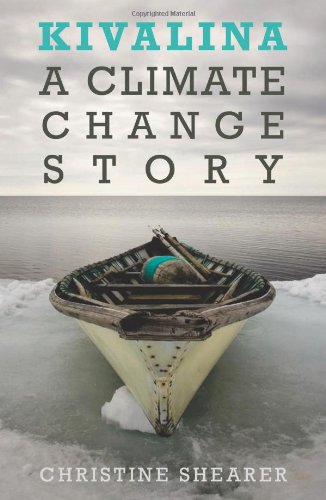
To those manning the consoles in Nevada, it signifies "suspected militants" who have just been "neutralised"; to those on the ground, in most cases, it represents a family that has been shattered, a home destroyed.
Since June 18, 2004, when the CIA began its policy of extrajudicial killings in Pakistan, it has left nearly 250 such stains on Pakistani soil, daubed with the remains of more than 2,500 individuals, mostly civilians. More recently, it has taken to decorating other parts of the world.
Since the Pakistani government and its shadowy intelligence agencies have been complicit in the killings, the CIA has been able to do all this with complete impunity. Major human rights organisations in thrall to the Obama Administration have given it a pass. So have the media, who uncritically accept officials' claims about the accuracy of their lethal toys.
Two recent developments might change all this.
The unlawful combatant
On July 18, 2011, three Pakistani tribesmen, Kareem Khan, Sadaullah, and Maezol Khan, filed a formal complaint against John A Rizzo, the CIA's former acting General Counsel, at a police station in Islamabad. Until his retirement on June 25, 2009, Rizzo served as legal counsel to the program whose victims have included Kareem Khan's son and brother, Maezol Khan's seven-year-old son, and three family members of Sadaullah (who also lost both legs and an eye in the attack).
In an interview with Newsweek's Tara McKelvey, Rizzo bragged that he was responsible for signing off on the "hit list" for "lethal operations". The targets were "blown to bits" in "businesslike" operations, he said. By his own admission, he is implicated in "murder". Indeed, he boasted: "How many law professors have signed off on a death warrant?" And that is not the full extent of Rizzo's derring-do: he claims he was also "up to my eyeballs" in Bush's program of torture in black sites in Afghanistan and elsewhere.
The detailed First Information Report (FIR) that barrister Mirza Shahzad Akbar prepared on behalf of the tribesmen was filed at the Secretariat Police Station in Islamabad, whose territorial jurisdiction includes the residence of Rizzo's leading co-conspirator Jonathan Banks, the CIA station chief who has since fled Pakistan. As a party to a conspiracy to commit murder in Pakistan, Akbar believes that Rizzo is subject to the country's penal code.
Clive Stafford Smith, the celebrated human rights lawyer best known as George W Bush's nemesis over Guantanamo, is leading the campaign to secure an international arrest warrant for Rizzo. Asked about the question of jurisdiction, Smith told me that that "there is no issue of jurisdiction - these are a series of crimes, including murder … committed on Pakistani soil against Pakistani citizens". The CIA, he says, is "waging war against Pakistan". He insists that "there is no question that [Rizzo] is liable for the crimes he is committing. The only issue is whether he will face the music or be kept hidden by the authorities".
Smith, who heads the legal charity Reprieve, is a practical man, uninterested in mere symbolic gestures. Earlier, he successfully sued the Bush administration for access to prisoners at Guantanomo and has so far secured the release of 65 of them. He is confident that once the Islamabad police issues a warrant, Interpol will have no choice but to pursue the case. Furthermore, he notes, depending on the success of this test case, they will broaden it to also include drone operators.
The US position so far is to either claim that it is engaged in legitimate self-defence, or to make the policy more palatable by downplaying its human cost. Neither argument is tenable.
The laws of war do not prohibit the killing of civilians unless it is deliberate, disproportionate or indiscriminate. However, Akbar and Smith reject the applicability of these laws to CIA's drone war. "The US has to follow the laws of war," Smith recently told the Guardian. But "the issue here is that this is not a war" - there is no declared state of conflict between the US and Pakistan. Moreover, Gary Solis of Georgetown University, an expert in the laws of war, told Newsweek that "the CIA who pilot unmanned aerial vehicles are civilians directly engaged in hostilities, an act that makes them 'unlawful combatants' and possibly subject to prosecution". More >>>
Location:Islamabad





























